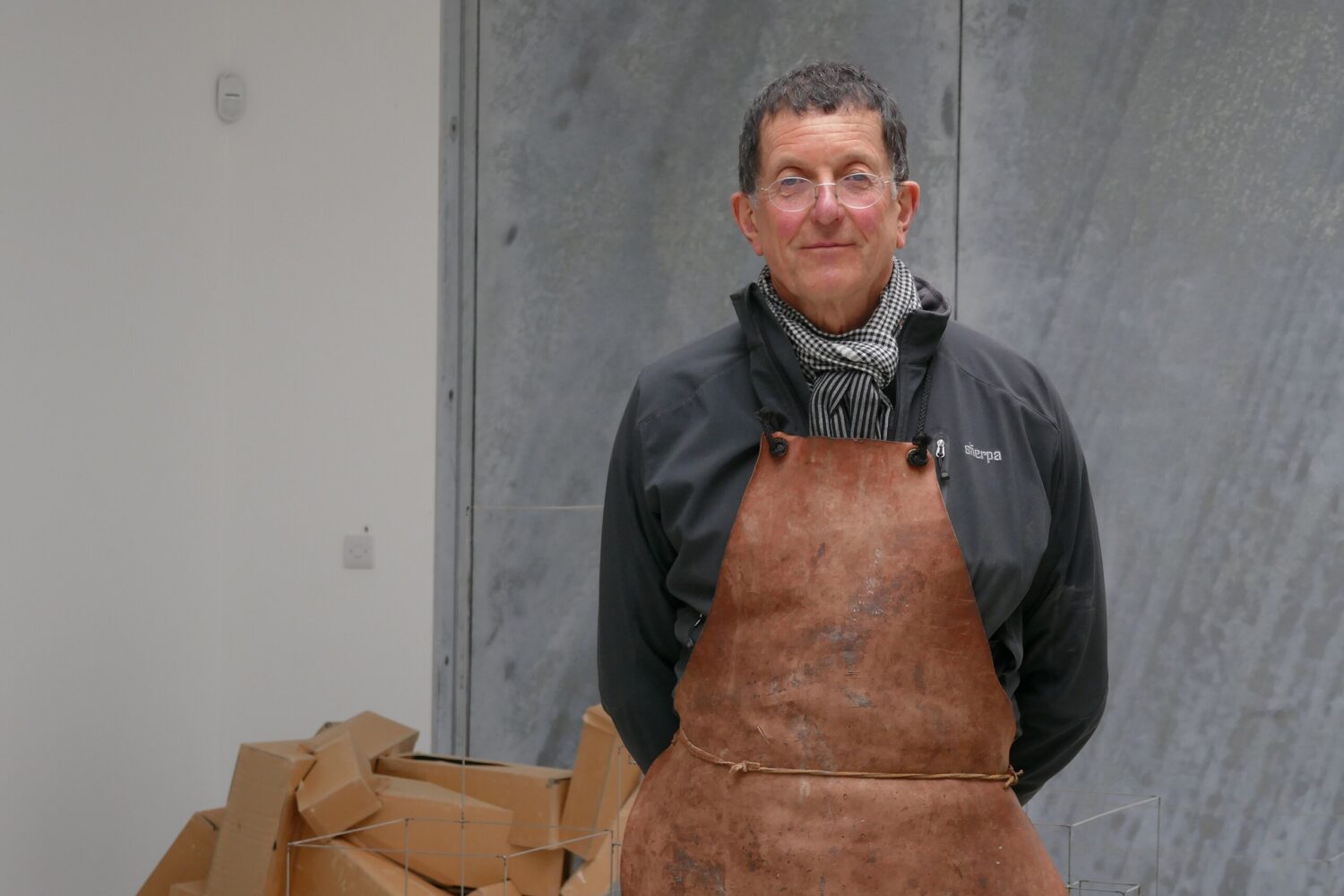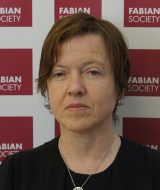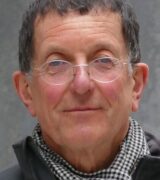Public figures
Arts special, volume 6: Antony Gormley’s sculptures inhabit not only galleries but rooftops, rivers, and mountains around the world. The Fabian Review asked him what Labour should do to nurture Britain’s ailing arts and culture sector
What would you urge the new government to do for the arts?
Support arts education! Recent governments have withdrawn funding, apparently on the assumption that the arts just get on by themselves and that we are all naturally good at art. In fact, we are still riding on this country’s incredible history of nurturing art in schools and universities. There was a tradition, recently lost, that significant artists would teach at them.
Where now will alternatives to ‘business as usual’ come from? Art schools offer the best liberal education, combining critical thinking and physically engaged making. They are a seedbed for new forms of expression that respond to and provoke cultural change, nurturing creatives who will employ people rather than seeking employment within the given structures of capital.
We need these original thinkers and makers to face the biggest challenges of our species: climate emergency and inequality.
From the Angel of the North to the beaches of Crosby, your work has become a much-loved part of the UK landscape. How do you think art tells our national story?
Art long ago escaped from the confines of national identity – an outmoded and dangerous concept that we must move away from. The plurality of voices evidenced in the rehang of Tate Britain speaks to the many makers and languages of culture.
The making of the Angel was an extraordinary adventure that owed everything to Gateshead Council’s commitment to art being part of the city’s life. It was a great privilege to collaborate with shipwrights to make this work that embodies the skills of the North East and the long relationship between coal, iron and shipbuilding. The Angel was never made as a national symbol but as a focal point for a community’s belief in its own future. I have been humbled by the degree to which the Angel has been taken into the hearts of the people of the North East and has been so widely accepted as an evocation of a tough but open-armed northern spirit.
What is the value of the arts for young people and how best can we nurture their interest in them?
Art is a fundamental human need and right. Give a child under six the means of making a mark and a surface to work on and it will be hard to stop them. This early eagerness and pleasure can be destroyed by self-consciousness that comes from both school and parental pressures that value ‘doing well’ over original creativity. We need to value those early marks as signs that we are not victims of an already-made world but that we are all making one together. The level of self-confidence and self-determination that comes from the recognition of making something that was not there before is irreplaceable.
How should we best balance the need for both excellence and relevance in the arts – and counter the narrative that some arts are for the elite, not the masses?
Get a bag of clay and sit around the kitchen table making creatures, or anything you like, and see how both the silence and conversation change – how it brings people together. Making and responding to art in all its forms is open to everyone, especially if we can nurture the creativity in each other. The notion that art is only for those who have the leisure and wealth to pursue it has to be countered by the argument that art is fundamental to both our nature and our survival. It’s one of the great joys in human life, like sport and food. It is the tool by which we evolve our sensibilities and sense our embeddedness within life in all its forms. The commodification of art has separated us from its naturalness. Human creativity is part of the continual renewal and unfolding of life: art and evolution go hand in hand – we are all makers of the future.
What’s been your own political journey? Do you consider yourself a politically engaged artist?
It is impossible not to be political; even apathy is a kind of political statement. We need to restructure our politics so that we can actively address the most urgent challenges of today, like the climate emergency, by involving individuals who have direct experience of those issues and who can deal with them within the context of an ever more fluid social order.
I want my sculpture to be open to all. A work like Another Place [Gormley’s installation of 100 cast iron figures on Crosby Beach in Merseyside] asks materialised questions: ‘What is a sculpture?’ ‘What is a person?’ It objectifies migration at the core of the human story and asks, ‘What is our relationship to land, sea and air?’ I have been touched by people expressing how its appearance and disappearance under the changing tides have allowed them to deal with loss.
What is art’s role in navigating an increasingly fragile and polarised world?
Art toes no line! It can achieve unexpected things and create alternative worlds, some will be good and some will be bad – it’s for the viewers to choose. Art can give hope, heal, give voice to those that are silenced, and create spaces in which engagement and cross-fertilisation can happen. I would like the open spaces of art to be the agora of the present.
What sort of country would you like to see us have become by the end of the next parliament?
A kinder place that does not constantly refer to its greatness in the past but recognises an ability to listen and be part of the work of making a more open society. This is more important than attempting to bolster ideas of nationhood.
I think we should admit that Brexit has not worked economically, socially or educationally, and that it is holding us back. We need to urgently return to working closely with Europe. We need to celebrate the diversity in this country and push back against the uniformity of an ‘English’ identity. We need to remember that the Thames was once the tributary of the Rhine, and that we have Norse, Norman and Saxon in our gene pool, as well as Celt and Pict. We may believe that we have left Europe, but Europe has not left us.
I want our country to be a place that those brave people who have been forced to leave their loved ones and places of origin can call home. We seem to have forgotten that we have a rich history in this regard. We should treat the sea not as a barrier, but as a bridge.


